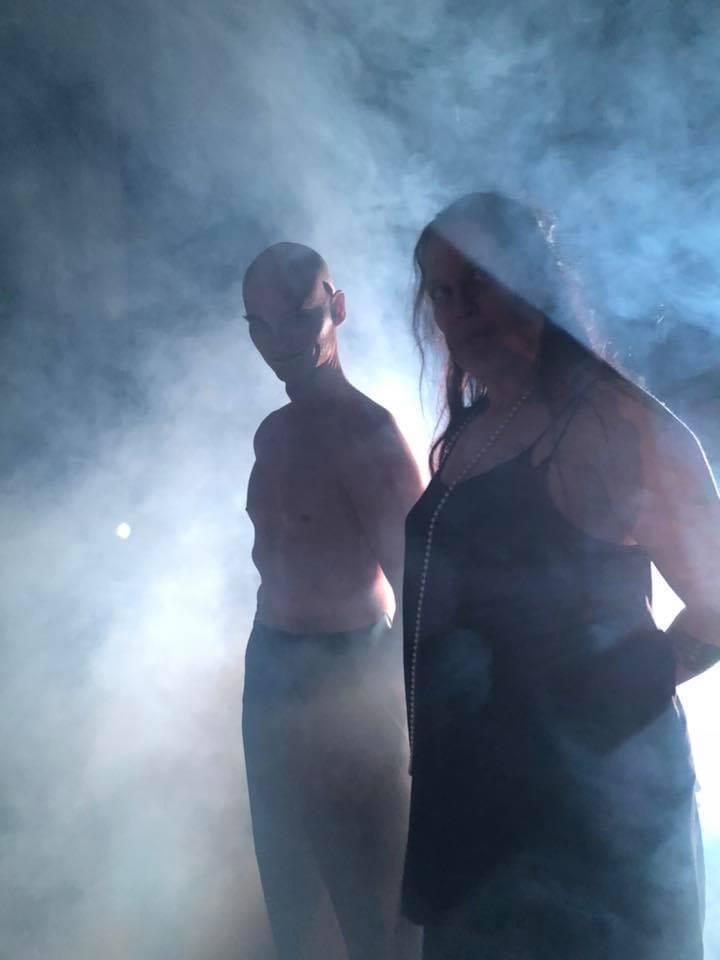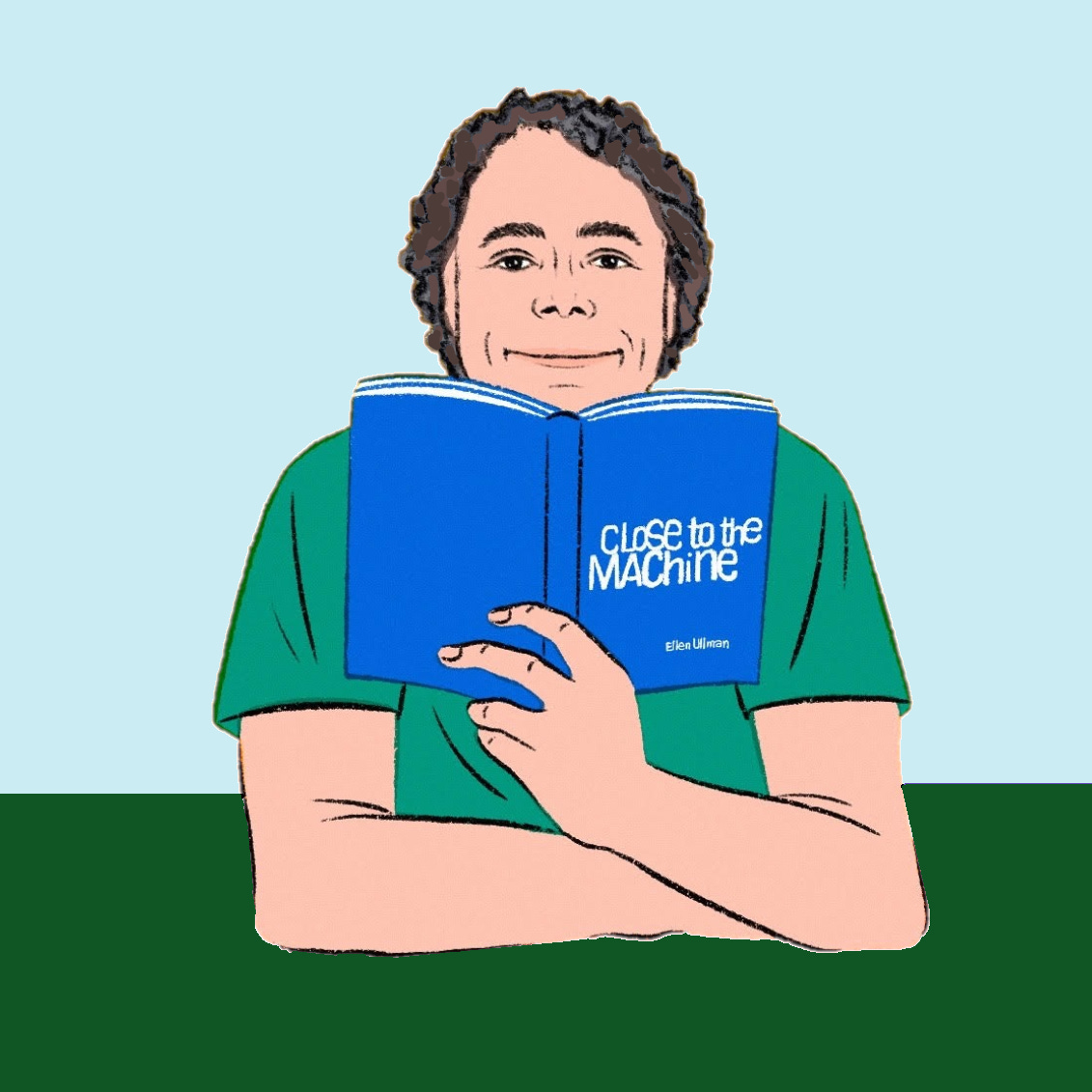Next Time: Chapter 6: Flying and Falling
[this is a GLOSS on Chapter 6, which has been linked here for your convenience. This chapter will also be reshared on Substack Notes.]
*
The idea of what’s safe, what’s not is (I’ve been told, and thereby discovered after the fact of writing) a running theme in especially this chapter, but methinks as a whole through the book, too,
Thing is, before you take that step off the bar, your hands don’t feel like they have a very good grip. It’s because, before you take your body weight off that bar, they don’t. The ropes are too taut. Once you step off, the ropes give, and they cling perfectly around shoulders and arms to hold you up. But you can’t feel that when you’re still standing there, solid and safe.
- was the thoughtful commenter that really opened my eyes to this theme as a theme, in a fantastic comment thread on this chapter:
Thinking about it, I would say that the idea of "safety" is a clear theme of this post (and some of your other posts as well) -- both the sense of why people are attracted to unsafe things (which you foreground) but also why it can be hard to compare different types of risks -- as it turns out Ninjaboy was more dangerous than the trapeze, but the latter is the one that causes you to freeze in the opening paragraphs.
Bill Irwin and his ancient and sublime art of the Clown: he is a huge proponent of simplicity in creating physical comedy, and his signature style (as he taught it to us in that workshop) always included his mute clown character losing control of his body: for example, he’d be tapdancing with glee, hoofing away, until one leg would suddenly start dancing away from the rest of his body, or his head would retract into his torso, or…
He was in processing / composing mode with Shiner for Fool Moon at the time I took his workshop in Boulder, and he taught us that hat trick, as well as a lovely rule-of-three gag that involved jogging, tripping over an invisible object, getting used to it and leaping over it only to land falling. But at the end of that workshop, he brought Shiner in and they showed us a rough section of the piece which they were in the middle of composing. At the end, they were like, How was that? and we all were like Omg you’re geniuses and they were like No really can we get some feedback? and we were like buhh……

Frequent Flyers Productions is still going strong. I’ve asked the director (same woman as 30 years ago) if she has any of our ‘90s vamps pics digitized, that she can share with me, so we’ll see about that. I hope she does.
I’d had a full spiral bound book of black linen card stock onto which I’d attached a bunch of physical pictures from my Vampires appearances, from 1996-1998. A separate homemade notebook contained my notes on character development and choreography. (I was working at the copy shop and bindery at the time.) I looked for these precious books over and over once I finally moved in to my partner’s place and they are nowhere to be found. I conclude I must have left them with my ex, who lost them, our cats, and literally everything else he (and I, left with him) owned, once I moved out and he had no one else willing to let him be a parasite.
I do know I lost three thumb drives full of family pictures through the years, especially a select few from our wedding. But lots of teen, theatre, and baby pictures of me as well. I feel bereft, not of him, but of a couple deep bloody chunks of my past.
*
TODAY’S BIBLIOGRAPHY:
Gottschall, Jonathan. The Professor in the Cage. NYC: Penguin, 2016.
Irwin, Bill and David Shiner. Fool Moon. NYC: Richard Rodgers Theatre, 1993. (Playbill).
NickS (WA), Earnestness is Underrated. On Substack:
Rice, Anne. Interview With the Vampire. NYC: Ballantine Books, 1976.
Spoon Theory. From Wikipedia, 2024.
Zuko, Jenn. ‘Popination Fumigation,’ from Zuko’s Musings, Oct. 2023. (Link)





Loved reading this post …my book (fictive memoir) is called ‘The Rule of Three’ so doubly hooked - first by your story then by the mention of ROT routine. Also had similar chunks taken out of me by the loss of archives both professional and personal. No matter how often I tell myself I have the memories it ‘ain’t the same.